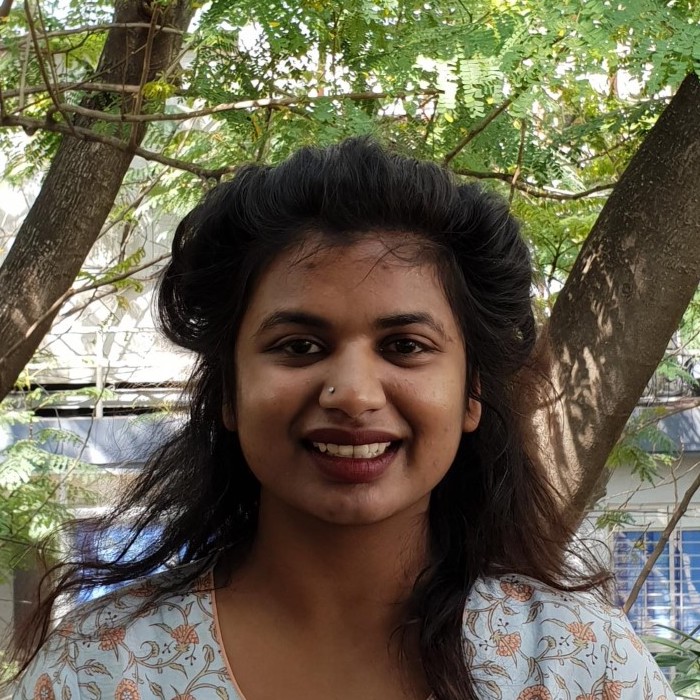On 30 November, 2019, we hosted ‘Tackling caste discrimination through law’, a lawyers’ learning session in collaboration with the Advocates Association, Bangalore at the Karnataka High Court (see the full agenda here) The workshop aimed at enabling and facilitating learning of caste discrimination laws such as the Scheduled Castes and Scheduled Tribes (Prevention of Atrocities) Act, 1989, The Protection of Civil Rights Act, 1955, The Prohibition of Employment as Manual Scavengers and their Rehabilitation Act, 2013 and the Karnataka Devadasis (Prohibition of Dedication) Act, 1982. One of the key objectives of the workshop is to organize capacity-building and collaborative learning sessions on caste discrimination laws by shedding light on the issues of the implementation of these laws in order to improve access to justice.
This blog post presents the key points raised and discussed at the workshop.
Panel 1 on The Scheduled Castes and the Scheduled Tribes (Prevention of Atrocities) Act, 1989 consisted of Justice Chandru and Jayna Kothari.
Justice K. Chandru drawing upon anecdotes to illustrate the prevalence of caste-based discrimination even today, brought to light the prejudice that exists in the judicial system to deny justice to particular caste groups. He touched upon several judgments which showed that judges and bureaucrats expressed blatant intolerance towards Dalits and also highlighted the difficulty experienced by SC ST victims in filing FIRs under the SC/ST Act. He presented photographs of protected statues of Ambedkar behind iron bars that he metaphorically likened to a state of being imprisoned for fear of destruction at the hands of antagonists and compared it with an exposed statue of Manu that did not require protection, pointing to the deep-rootedness of caste violence. Jayna Kothari presented the overview of the Scheduled Castes and the Scheduled Tribes (Prevention of Atrocities) Act, 1989 and highlighted the challenges with respect to enforcement of the provisions of the law.
The Protection of Civil Rights Act, 1955 was presented by Prof. Sudhir Krishnaswamy.
Prof. Sudhir Krishnaswamy discussed the reasons for low reporting under the PCRA and argued that the reason was that there was no incentive of monetary compensation under PCRA. Therefore, he asserted that a chapter on economic tort, as suggested by Perumal Committee Report to be incorporated in PCRA. He critiqued the elaborative definition of atrocities under the PoA Act stating that it asks for a heavier burden of proof which causes conviction rates to decrease. Instead, he proposed that a general definition of discrimination should be included.
Panel 3 on Manual Scavenging Law consisted of Arvind Narrain and Arkaja Singh.
Arvind Narrain spoke on various causes underlying the persistence of the practice of manual scavenging and emphasized that without addressing the inequality prevailing in society this practice cannot be tackled. He was of the opinion that in order to bring about enduring social change, rights-based legislation was the way forward and that legal change is the initiating factor for societal change.
Arkaja Singh compared the 1993 act with the 2013 law on manual scavenging in light of the judicial interpretation of the provisions of the law. She discussed various case laws that addressed compensation and rehabilitation of manual scavengers. She argued that the 2013 act provides a legal mandate for rehabilitation but the implementation was extremely low as most of the manual scavengers who come forward to avail of its benefits could not cross the hurdles of identification.
The last Panel on The Karnataka Devadasis (Prohibition of Dedication) Act, 1982 consisted of Jayalakshmi from CLPR and Anuroopa Giliyal.
Jayalakshmi presented an overview of the Karnataka Devadasis (Prohibition of Dedication) Act, 1982 along with the 2010 amendments made to the Act. She discussed the few public interest litigations filed in the Supreme Court for addressing the practice of Devadasi dedications. Anuroopa discussed the practice and prevalence of Devadasi dedication, how it impacts women and girls and analyses the laws enacted to prohibit the dedication of Devadasis. She identifies the issues affecting the implementation of the existing legislation and makes recommendations for better implementation.
This blog was authored by former CLPR Equality Fellow Itla Ragiri JayaLakshmi.

